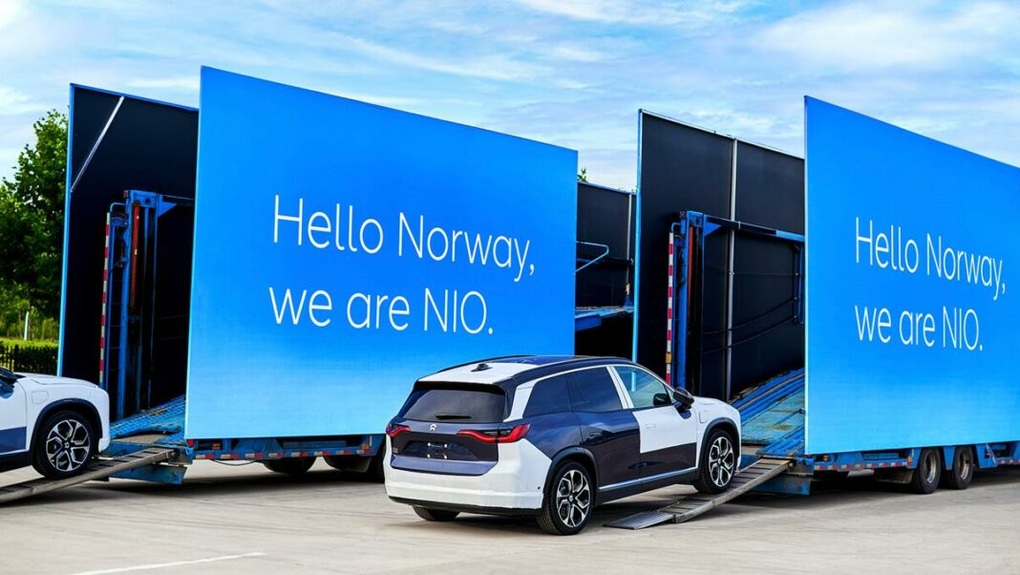
Norway, a pioneer in the transition to electric vehicles, will not join the EU in imposing higher tariffs on Chinese electric vehicles (Illustrative image: Nio).
"Imposing additional tariffs on Chinese cars is neither appropriate nor desirable for the Norwegian government," Finance Minister Trygve Slagsvold Vedum shared in an email to Bloomberg .
With the highest proportion of electric vehicles in the world , Norway recorded 24% of its cars as electric last year, and more than 80% of new cars sold in 2022 were electric, according to the Norwegian Statistics Office.
Meanwhile, according to the Norwegian Road Association (OFV), more than 12% of electric vehicles imported into Norway are from China, a figure that includes the Polestar brand but excludes Volvo vehicles.
Not being a member of the European Union (EU), Norway is the first European market that many Chinese electric vehicle startups are targeting. Nio has been present in Norway since May 2021, a year before its official launch in the EU. Xpeng even launched in the Norwegian market earlier, in 2020.
Norway is also a major market for several lesser-known Chinese brands in Europe, such as Dongfeng's Voyah, which has been selling its Free SUV there since 2022.
Xpeng sold 67 vehicles and Nio sold 66 in Norway last month. Meanwhile, Tesla sold 830 vehicles, and Volkswagen sold 1,372 ID electric vehicles.
Leading the way among Chinese electric vehicle manufacturers in Norway are Shanghai Automotive Industry Corporation (SAIC) and Geely Group.
MG sold 497 electric vehicles in Norway in May. This British brand, now owned by SAIC, will be subject to an additional 38.1% tariff in the EU from July 4th, on top of the existing 10% import duty.
Polestar, a brand owned by Geely Group, sold 328 electric vehicles in May. All MG and Polestar vehicles are currently manufactured in China.
The UK, another European country outside the EU, has not yet revealed whether it will impose tariffs on electric vehicles manufactured in China, similar to the EU.
On June 12th, the European Commission (EC) announced the results of an investigation showing that Chinese-made electric vehicles and their supply chains have been unfairly subsidized. Therefore, the agency decided to impose temporary import duties ranging from 17.4% to 38.1% on electric vehicles manufactured in China, depending on the brand.
However, many European automakers do not support this move, as they are currently heavily reliant on sales in China and fear the risk of retaliation from Beijing.
The Chinese Chamber of Commerce in the EU previously warned that China was considering increasing tariffs on imported cars if the EU decided to raise tariffs.
Source: https://dantri.com.vn/o-to-xe-may/na-uy-khong-phan-biet-doi-xu-voi-xe-dien-trung-quoc-nhu-eu-20240616130011763.htm





![[Image] Close-up of the newly discovered "sacred road" at My Son Sanctuary](/_next/image?url=https%3A%2F%2Fvphoto.vietnam.vn%2Fthumb%2F1200x675%2Fvietnam%2Fresource%2FIMAGE%2F2025%2F12%2F13%2F1765587881240_ndo_br_ms5-jpg.webp&w=3840&q=75)

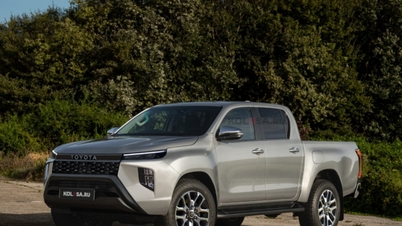

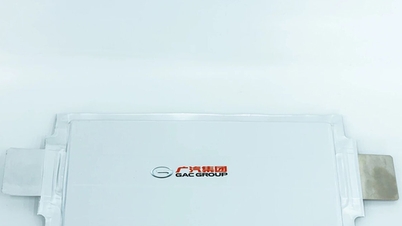
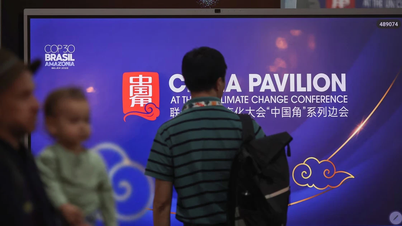

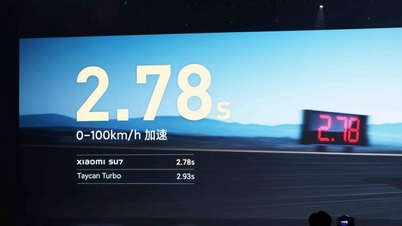
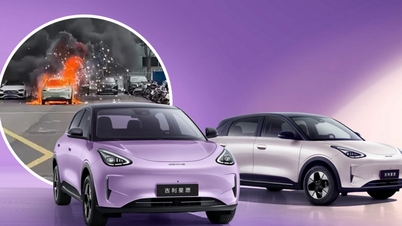
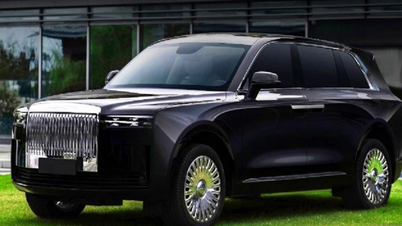


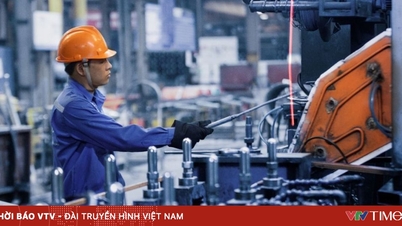













































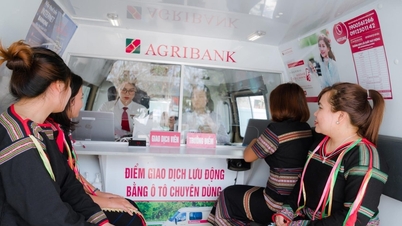















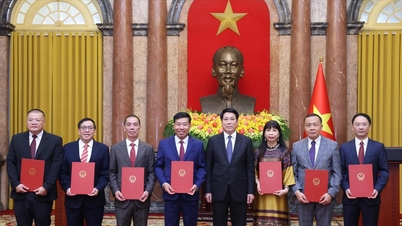


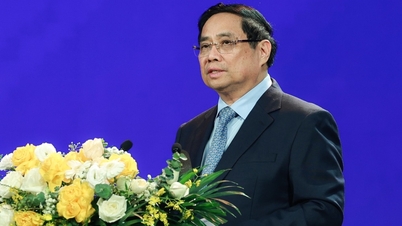



































Comment (0)